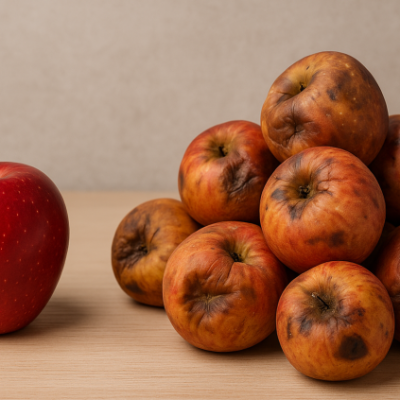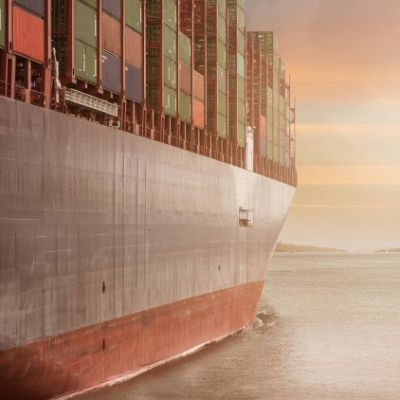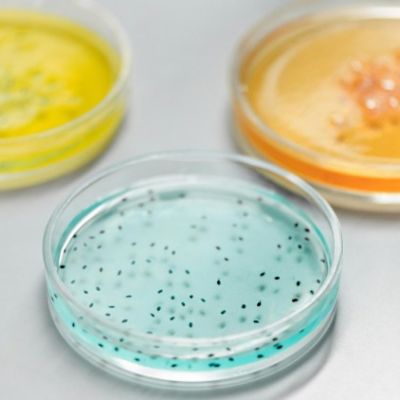The biological market in Brazil has experienced impressive growth, expanding at an annual rate of 30% in recent years and reaching a valuation close to USD 1 billion. Despite this remarkable expansion, adoption of biologicals remains below 20%, indicating a massive potential for further growth—possibly five times the current market size. This scenario presents a key strategic question: will this burgeoning market continue to be led by local companies, or will multinationals eventually take control, as they have in other mature agricultural sectors like crop protection and seeds?
Current Market Landscape
Today, approximately 150 companies operate in the Brazilian biologicals market, with an 80-20 split between local and multinational companies. Unlike the crop protection and seed industries—where multinational corporations dominate due to significant R&D investments—biologicals still exhibit strong local participation in both the number of players and market share. The fundamental question is whether this is a sustainable advantage for local companies or merely a temporary market condition that will eventually favor multinationals as the sector matures.
Key Drivers for Market Leadership
In my perspective, three key factors will determine the leadership position and return on invested capital (ROIC) of biological companies in Brazil:
1. Innovation and R&D Investments in Biocontrol
For biocontrol products (bioinsecticides, biofungicides, and bionematicides), innovation will be a decisive competitive advantage. The ability to develop highly effective and consistent biological solutions will be critical. Multinationals traditionally dominate in this aspect due to their deep financial resources, structured R&D pipelines, and regulatory expertise. However, local companies that focus on novel formulations, microbial strain development, and adaptive solutions tailored to Brazilian agriculture could carve out a sustainable leadership position.
2. Market Access and Distribution Strength
Reaching farmers effectively remains a major hurdle in biologicals. Traditional crop protection products offer well-documented efficacy rates of 85-90%, while biocontrol solutions typically achieve 60-70% control across multiple trials due to their sensitivity to environmental conditions. This makes selling biologicals more complex and necessitates a strong technical sales approach. Companies with superior distribution networks, agronomic support teams, and robust farmer engagement strategies will have a clear edge in market penetration and expansion.
3. Strategic Positioning and Sales Capabilities
Biocontrol products require an entirely different sales approach compared to chemical pesticides. Educating farmers, agronomists, and distributors about the benefits and correct application of biologicals is crucial. The companies that excel in training, technical assistance, and field support will be better positioned to capture and retain customers. This is an area where dedicated local companies might have an advantage, given their agility and deep knowledge of local farming conditions.
Competitive Dynamics in Biostimulants
Unlike biocontrol, where efficacy is a major challenge, the biostimulant sector is primarily driven by cost efficiency and product quality. In this segment, companies that can develop and produce high-quality formulations at a competitive price will emerge as leaders. The ability to scale production while maintaining performance consistency will define market success. Given that biostimulants often complement traditional fertilizers and chemical crop inputs, multinationals with diversified portfolios might have an edge. However, specialized local firms focusing solely on biologicals could still establish strong market positions by offering superior agronomic solutions tailored to regional needs.
The Future of Market Leadership in Biologicals
Ultimately, success in the biologicals industry will favor companies that fully integrate biological solutions across the entire value chain—spanning R&D, formulation, production, marketing, and sales. While multinationals bring financial strength, regulatory expertise, and global R&D networks, local companies possess agility, deep market knowledge, and the ability to tailor solutions for specific Brazilian farming conditions.
The key question remains: can local companies sustain their competitive advantage as the market matures, or will multinationals eventually dominate, as seen in other agricultural sectors? The answer will depend on whether local companies can sustain innovation, expand market reach, and create strong brand positioning in a sector that remains highly dynamic and full of opportunity.















